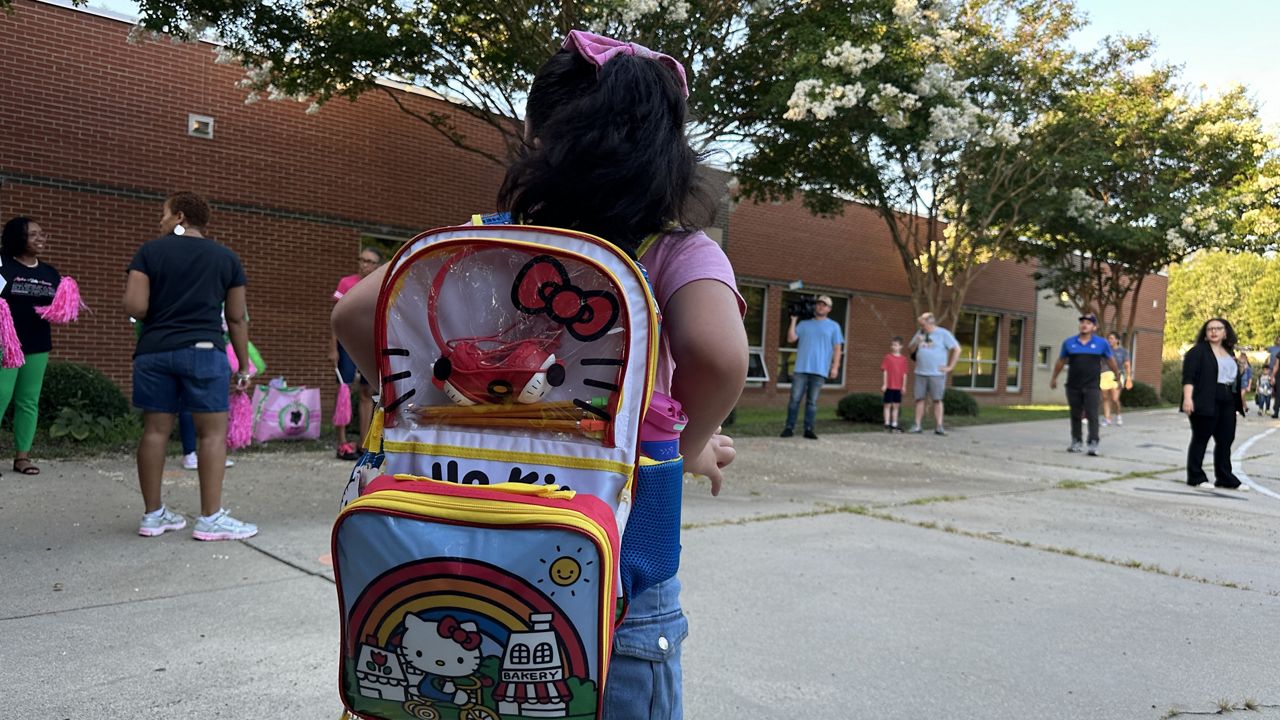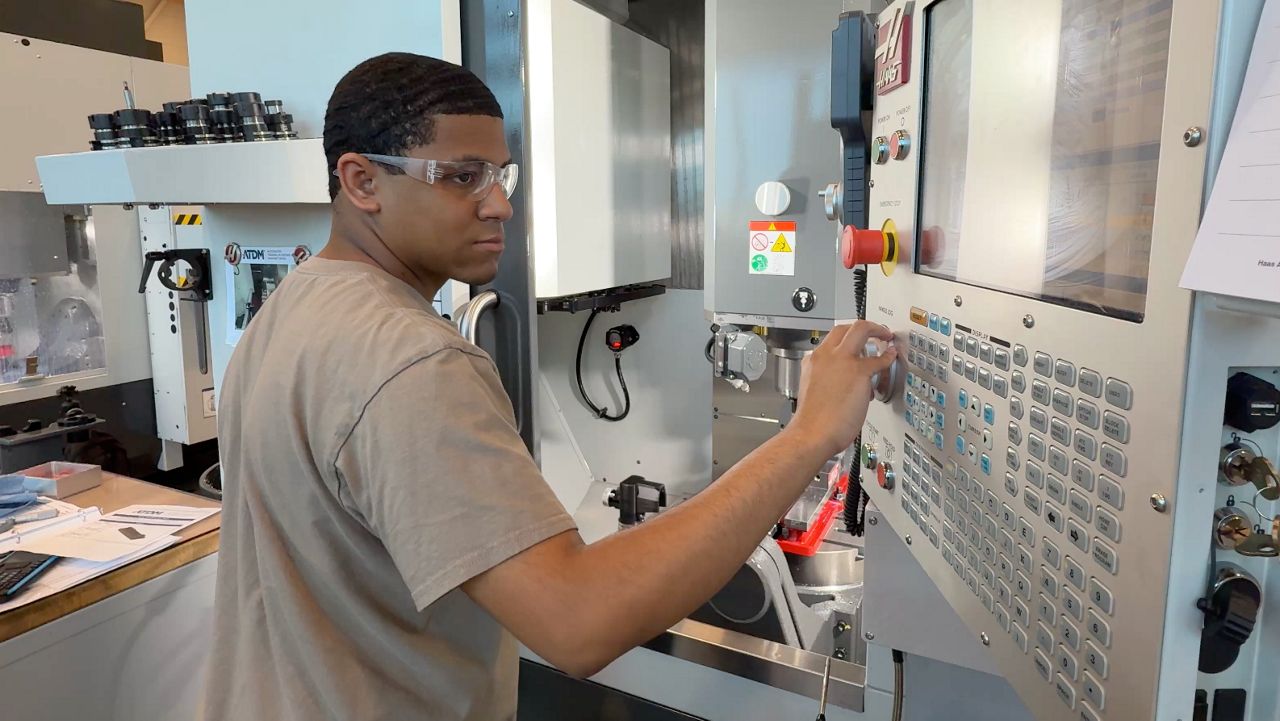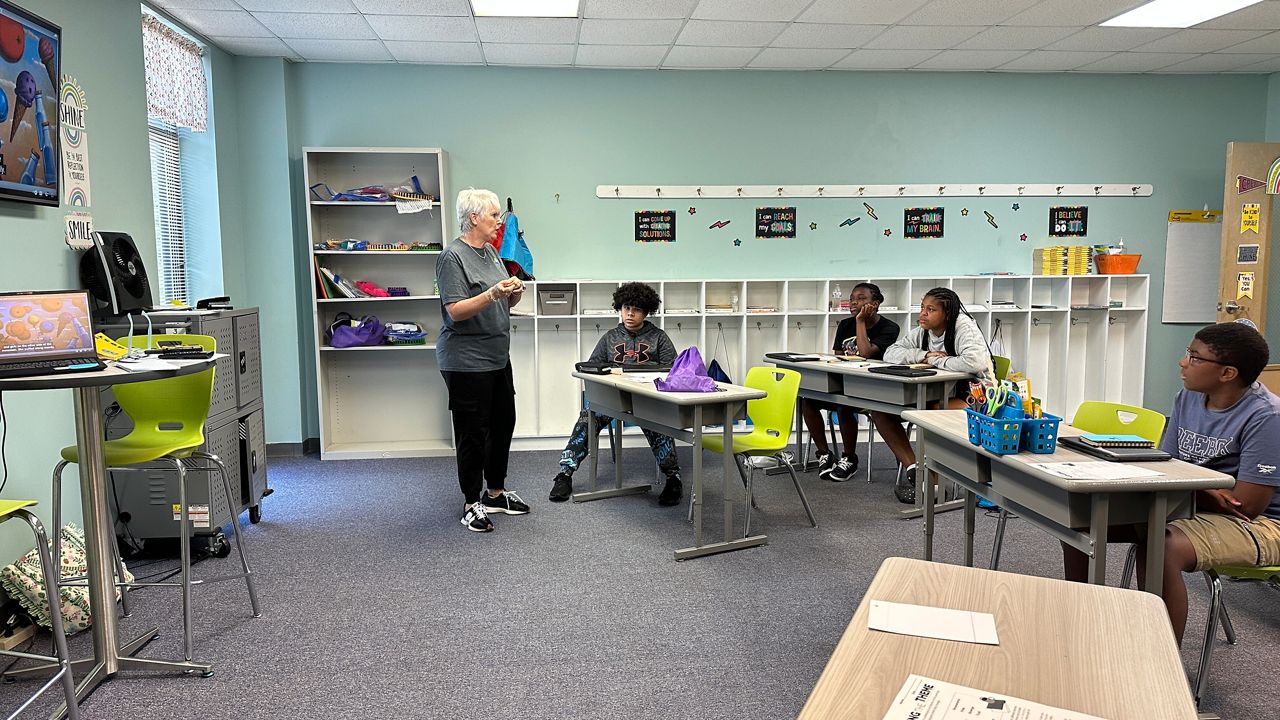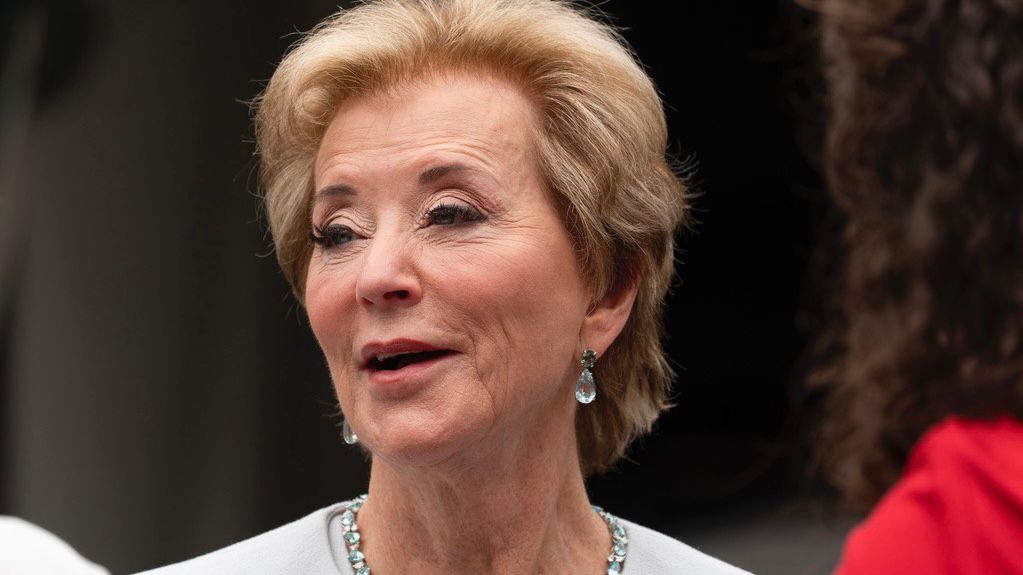RALEIGH, N.C. — Second grade teacher Shannon Atako teaches at Wilburn Elementary School in Raleigh.
As of Monday, masks are now optional for all students and teachers in North Carolina's largest school system
It's a big milestone and the first time masks are not required inside school buildings since Gov. Roy Cooper's executive order when the pandemic hit two years ago
The Department of Public Instruction is still recommending masks be worn, despite the guidance being changed to optional
Atako says right now is an exciting moment, bringing back a sense of normalcy after countless changes these past two years.
"I think it will help me a lot. Both [with] being able to gauge how my students are feeling emotionally, but also for things like phonics, for example, when you're trying to teach the difference between prove and proof. It's really difficult behind a mask. I have a lot of trouble sometimes hearing certain students, and I'm excited I can hear them better without the masks on," Atako said.
Atako says she understands the need for masks, but has missed seeing her kids' faces and says there will be benefits when it comes to her teaching.
"Last week, we were actually talking about how we show caring and empathy and showing through facial expressions and body language, so it's nice for students to actually see on their friend's face 'oh, they're angry, they're upset, they're mad.' Things like that," Atako said.
Atako is vaccinated and is choosing not to wear a mask. However, she's still encouraging students to follow safe practices and social distance.
Dr. Emily King is a child psychologist in Raleigh. She expects some kids to be excited, while she says others will be anxious.
She predominately works with children with autism and says it's been harder to read facial expressions with masks. She wouldn't be surprised if kids are emotional seeing their friends' faces for the first time.
"Some of the social weaknesses we're seeing in kids, I think that some of that has to do with masks, not that we would not have worn masks, but there is going to be a little bit social fallout, I think. The data is unclear right now, we don't know exactly how much," King said.
King says the choice to wear a mask or not could create a divide with bullying as a possibility too.
"Anytime you can make a choice doing something and everyone knows you're doing something because you chose to do it, that means that someone can have an opinion about it. So, talking with our kids about being confident in their decision to wear a mask or not wear a mask is where we need to start the conversation," she said.
If you're worried your child is being bullied or is struggling with this change, King says to look out for any change in your child's opinion or behavior.
In the meantime, she says to decide as a family what decision is right for your child and teach them to respect the decisions of others.









